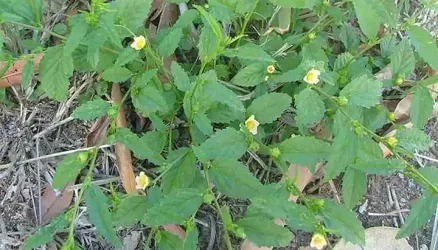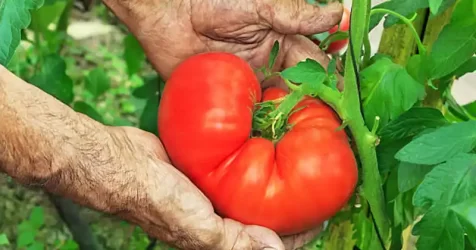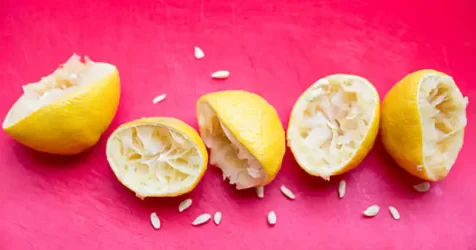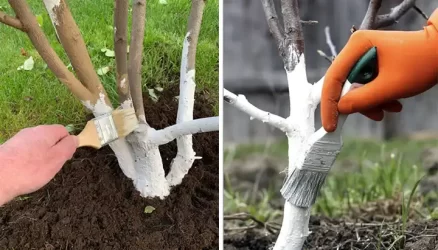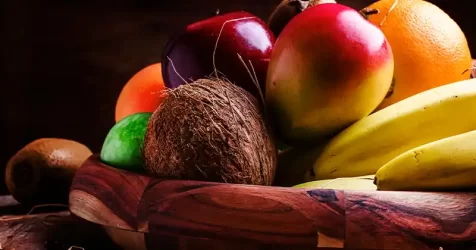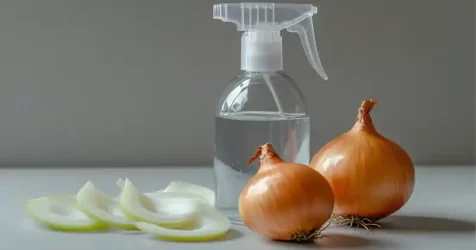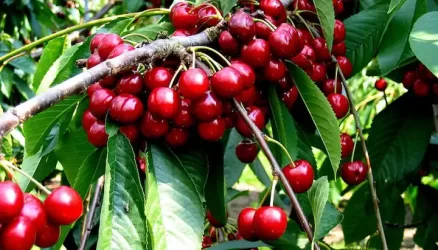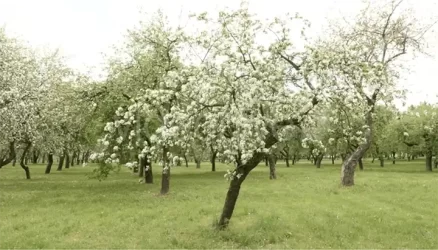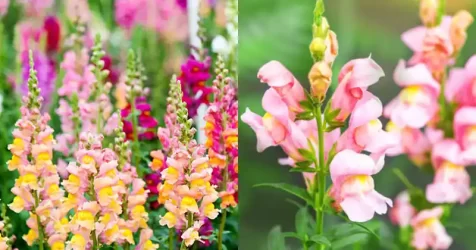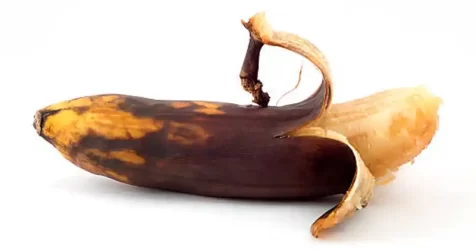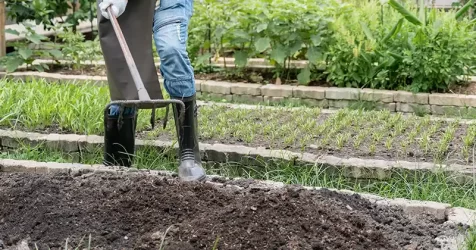Unlocking the Benefits of Borage: A Gardener’s Guide to This Versatile Herb
Borage (Borago officinalis), a versatile herb native to the Mediterranean, is quickly gaining popularity among gardening enthusiasts for its myriad of benefits. This resilient plant not only enhances the beauty of your garden but also offers a wealth of health benefits and supports local ecosystems. Whether you’re a seasoned gardener or just starting, borage is a must-have addition to your garden. Here’s why borage deserves a prominent spot in your green space and how you can maximize its advantages.

1. Nutritional Powerhouse: Boost Your Health with Borage
Borage is more than just an ornamental plant; it’s a nutritional powerhouse. Both the leaves and flowers are packed with essential vitamins and minerals that can significantly enhance your well-being:
- Vitamins A and C: Borage is rich in vitamin A, which supports eye health, and vitamin C, which strengthens the immune system and promotes healthy skin.
- Iron and Calcium: The plant is also a good source of iron, vital for red blood cell production, and calcium, crucial for strong bones and teeth.
- Omega-6 Fatty Acids: Borage seeds contain gamma-linolenic acid (GLA), an omega-6 fatty acid with anti-inflammatory properties. GLA is commonly extracted from borage seeds for use in supplements to treat conditions like arthritis and eczema.
Incorporating borage into your diet can naturally boost your health. Use the leaves in salads or cook them like spinach, while the flowers make a beautiful, edible garnish.
2. Attracts Pollinators: Support Local Ecosystems
Borage is a magnet for pollinators, including bees, butterflies, and other beneficial insects, which are crucial for a thriving garden and a healthy ecosystem:
- Pollination: Borage flowers are rich in nectar, making them irresistible to bees. Planting borage supports the local bee population and improves pollination for other plants in your garden, leading to more bountiful harvests.
- Biodiversity: By attracting a variety of pollinators, borage helps maintain a balanced ecosystem in your garden, promoting the health and productivity of your plants.
In a time when pollinator populations are declining, adding borage to your garden is a simple yet effective way to contribute to environmental sustainability. For more on supporting bees in your garden, visit Grow a Bee Sanctuary: The Best Plants to Support Bee Populations.
3. Excellent Companion Plant: Enhance the Growth of Other Plants
Borage is a fantastic companion plant that improves the growth and flavor of several garden staples:
- Tomatoes: Planting borage near tomatoes enhances their flavor and deters pests like tomato hornworms.
- Strawberries: Borage is believed to improve the growth and taste of strawberries, resulting in larger and sweeter fruits.
- Cabbage Family: Cabbage, kale, and other brassicas benefit from the presence of borage, as it repels pests like cabbage worms and aphids.
Strategically planting borage alongside these crops can create a more productive and pest-resistant garden.
4. Medicinal Benefits: Natural Remedies from Your Garden
Borage has a long history of use in traditional medicine due to its anti-inflammatory and antioxidant properties:
- Anti-Inflammatory: Borage oil, extracted from the seeds, is often used to treat conditions like arthritis, eczema, and other inflammatory disorders.
- Skin Health: The anti-inflammatory properties of borage make it beneficial for treating skin conditions such as acne, dermatitis, and dry skin. It can be applied topically or consumed as a supplement for skin health.
- Respiratory Health: Borage leaves can be brewed into a tea traditionally used to alleviate respiratory issues like coughs and colds.
Incorporating borage into your garden not only enhances its beauty but also provides a natural medicine cabinet.
5. Enhances Soil Health: Improve Your Garden’s Foundation
Borage is a dynamic accumulator, meaning its deep taproots draw up nutrients from the soil, which are then deposited in its leaves. When these leaves decompose, they return valuable nutrients to the soil:
- Soil Aeration: Borage’s deep roots help aerate the soil, improving its structure and promoting vigorous plant growth.
- Nutrient-Rich Compost: As borage plants die back, compost them to return essential minerals like potassium and calcium to the soil, enriching it for future plantings.
By planting borage, you’re not just supporting your current garden but also building a healthier foundation for future growth.

6. Culinary Uses: Elevate Your Dishes with Borage
Borage is a versatile ingredient in the kitchen, adding both flavor and nutrition to your meals:
- Salads: The young leaves of borage add a refreshing cucumber-like flavor to salads.
- Soups and Stews: The leaves can also be cooked like spinach and added to soups, stews, or pasta dishes for an extra nutritional boost.
- Beverages: Borage flowers make a stunning garnish for drinks like iced tea or lemonade, adding both beauty and a subtle, sweet flavor.
Whether you’re looking to add a new flavor to your meals or make your dishes more visually appealing, borage is an excellent choice.
Why Borage Should Be in Every Garden
Borage is an extraordinary herb that offers a multitude of benefits for gardeners and cooks alike. Its ability to enhance soil health, attract pollinators, and support companion plants makes it an invaluable addition to any garden. Moreover, its nutritional and medicinal properties provide a natural way to boost your health. Whether you’re an experienced gardener or just starting out, borage is a versatile and rewarding plant that deserves a place in your garden. Start growing borage today, and experience the many benefits this remarkable herb has to offer.





